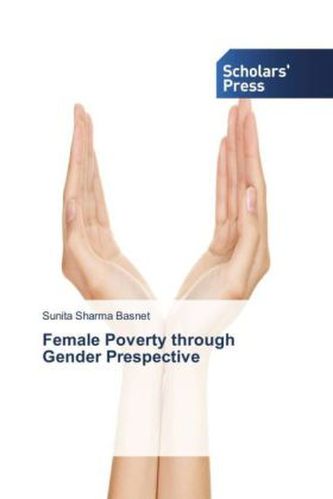Female Poverty through Gender Prespective
21
%
930 Kč 1 171 Kč
Sleva až 70% u třetiny knih
Most of the rural areas are characterized by the poverty problem. Nepal has embraced human development as an overarching goal, thus defining people, all the country's citizens, as both the means and end of development efforts. Although the country has made significant strides in education, health and other social services, particularly within the last decade, the level of human development in Nepal remains among the lowest in the World. This stems basically from inequity and inequality in the distribution of resources and opportunities that has resulted in the persistence of poverty. Women comprise 50.1 % of the total population of Nepal in 2001. Given traditional gender divisions of labor, women concentrate more on their ascribed reproductive roles and responsibilities while men focus on 'productive', income earning roles. Women are confined to 'culturally prescribed' and 'socially accepted' works. The activities undertaken by women are influenced by factors such as household composition i.e. extended/ joint, nuclear and female headed families, household stratification by economic status - wealthy, poor or landless - education, knowledge and health status. Women have only limited
| Autor: | Sharma Basnet, Sunita |
| Nakladatel: | Scholar's Press |
| Rok vydání: | 2015 |
| Jazyk : | Angličtina |
| Vazba: | Paperback / softback |
| Počet stran: | 76 |





